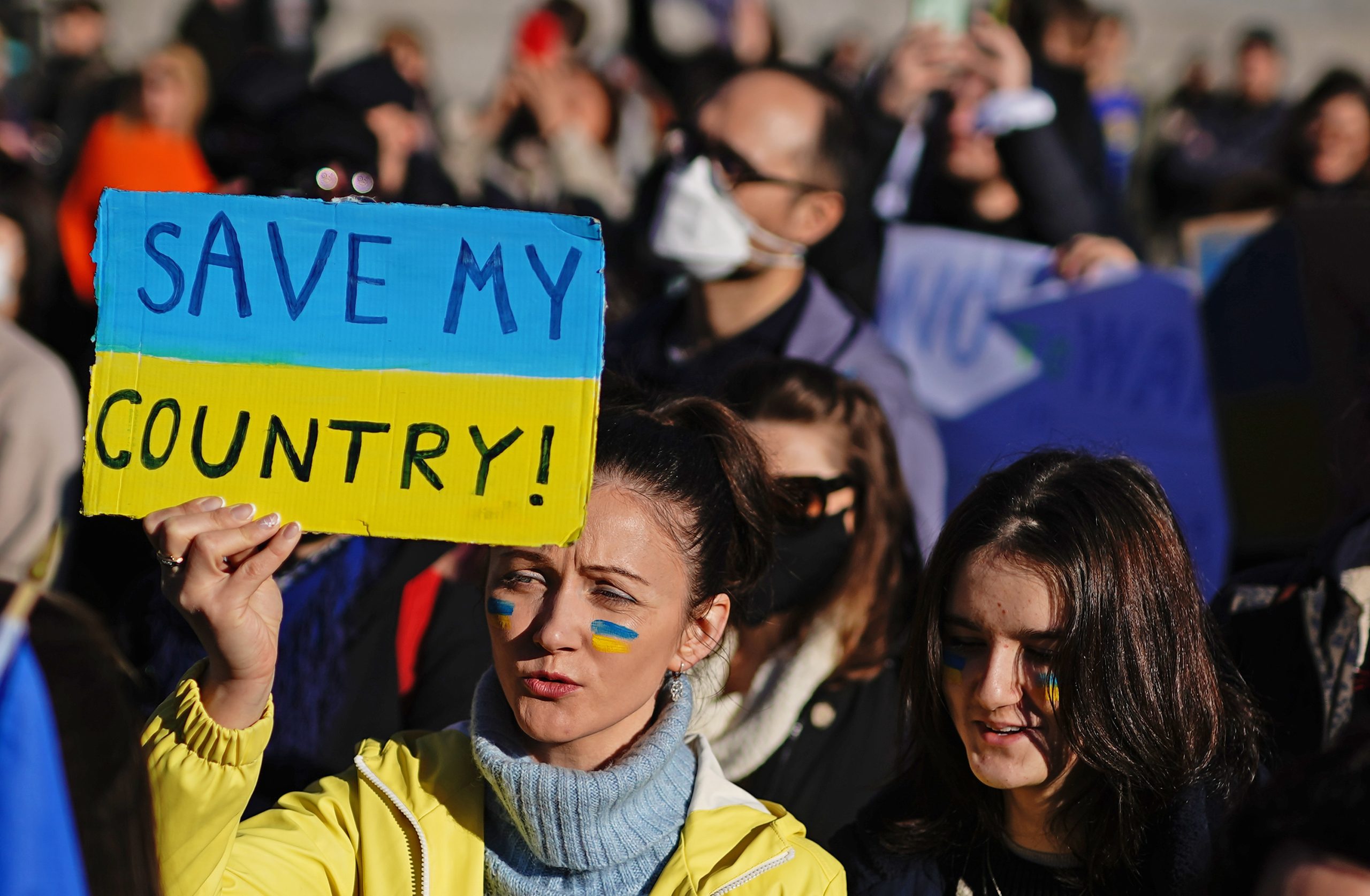In the very first edition of Index on Censorship, published 50 years ago almost to the day, we raised the case of Mykhaylo Osadchy, a Ukrainian journalist and poet, who had been arrested for “anti-Soviet agitation and propaganda”. In a secret trial in his hometown of Lviv in September 1972 he was sentenced to seven years in prison and five years of exile.
An extract from The Mote, Osadchy’s lightly fictionalised memoir of a dissident writer, was published in the Autumn 1972 edition of Index. It provides a unique picture of the life of an intellectual in Ukraine under Soviet rule. “I had committed every vile deed that mankind throughout his existence could ever commit,” he writes. “I had never had the slightest suspicion of what a hostile element I was, or how hostile my thoughts had been.”
Cat and Mouse in the Ukraine by Victor Swoboda from 1973 is a lengthy but fascinating study of contemporary writers struggling, and often failing, to stay on the right side of the censor. Swoboda highlights the significance of the unpublished poem To the Kurdish Brother by Vasyl Symonenko, a writer celebrated by the Soviets as a hero of Communism but taken up by dissidents after the posthumous samizdat publication of his critical diaries. The poem tells “the Kurd” to fight chauvinists who “have come to rob you of your name and language”. It continues: “our fiercest enemy, chauvinism, fattens on the blood of harassed peoples”. It is not hard to see who the “Kurd” in the poem was intended to represent. In 1968 Mykola Kots, an agricultural college lecturer, was arrested for circulating 70 copies of the poem in which “the Kurd” had been replaced with “the Ukrainian”. He received the same sentence as Osaschy.
After the fall of the Berlin Wall, Index continued to support writers from Ukraine. As a result, we were the first to publish the work of Ukraine’s most celebrated contemporary writer, Andrei Kurkov, in English. The November 1993 issue contained an excerpt from The Cosmopolitan Anthem, a short story denounced at the 1991 All-Union Writers Conference in Yalta as “anti-Russian”. The story is, if anything, an attack on unthinking nationalism. Its narrator, an American with mixed Polish-Palestinian heritage, finds himself fighting on both sides of the Vietnam War and Afghanistan. The title of the story refers to the soldier’s utopian dreams of creating a unifying anthem to appeal to people’s better nature.
In 1999 we published extracts from Ukraine’s Forbidden Histories, which combined oral histories collected by the British Library with contemporary photographs by Tim Smith. It remains a striking document of the imprint Ukraine’s past atrocities left on the country. The authors pay tribute to the work of the organisation Memorial (now banned by Putin) in documenting the crimes of the Stalin era. The extracts include testimonies of the Babi Yar massacre of the city’s Jewish population, which has only been officially recognised in 1991. A monument to Babi Yar was reported to have been bombed during the recent invasion.
In 2001, Vera Rich, who devoted her life to translating Ukrainian and Belarusian literature, wrote Who is Ukraine? on the tenth anniversary of the country’s independence. Despite her obvious passion for the country (she translated the national poet Taras Shevchenko) it provides a clear-eyed look at the complicated nature of Ukrainian identity. “For a country to survive… a sense of national identity is required. But the question of what that identity should be has by no means been resolved,” she writes.
Finally, no collection of archive articles from Index on Ukraine would be complete without something from Andrei Aliaksandrau, who worked for Index for several years before returning to his native Belarus. He has now been in prison for over a year after being arrested by the Lukashenka regime. His piece, Brave New War from December 2014, reports on the information war being waged in Ukraine. It is a brilliant piece of reporting. “The principles of an information war remain unchanged: you need to de-humanise the enemy. You inspire yourself, your troops and your supporters with a general appeal which says: ‘We are fighting for the right cause – that is why we have the right to kill someone who is evil.’ What has changed is the scale of propaganda and the number of different platforms used to distribute it. In a time of social networks and with the whole world online, there is no need to throw leaflets over enemy lines, instead you hire 1,000 internet trolls.”
Aliaksandrau has been silenced, for now. But we will continue to report on Ukraine in tribute to him and the other courageous dissidents who have inspired the work of Index over the past five decades.
Research by Guilherme Osinski and Sophia Rigby






